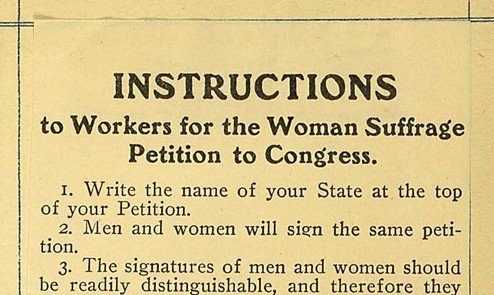

What does it mean to participate in a democracy? Historian Sarena Zabin argues that between the American Revolution and the Civil War it was petitioning, not voting, that was the important way people performed their civil duties. Here is a taste of her piece at The Washington Post:
Many Americans are exhaling, feeling that their votes have helped defeat candidates in prominent races who spread falsehoods about the 2020 election. In fulfilling their civic duty, they have helped democracy triumph. But there is more to civic duty than filling out a ballot.
A look back at how Americans in the years between the American Revolution and the Civil War viewed democratic participation can offer reminders about how to remain engaged now that voting is done — and the other ways we help safeguard democracy.
In 1787, the delegates to the Constitutional Convention debated whether to create federal rules about who would be allowed to vote. Because states, however, differed in their criteria for voting, ranging from length of residency in the state to the amount of land one owned, the delegates could not agree upon a set of rules that would not disenfranchise someone who already had the vote.
So they opted to move in a different direction for enshrining the right for Americans to be heard: petitioning.
The shift reflected how, in the early American republic, voting was a tool that was only used to choose representatives who would then make decisions for the people within a legislative body.
But petitions were the Swiss Army knife of political activity, allowing citizens and others to send complaints, requests or suggestions to the government. Petitions could be individual or collective, and most importantly, anyone — man or woman, inhabitant or foreigner, rich or poor — could send one. In England, people had had the right to petition the king since the 13th century. In fact, George III’s refusal to listen to protests from American colonists had formed the basis for one of the grievances in the Declaration of Independence, “We have Petitioned for Redress in the most humble terms: Our repeated Petitions have been answered only by repeated injury.”
Read the rest here.